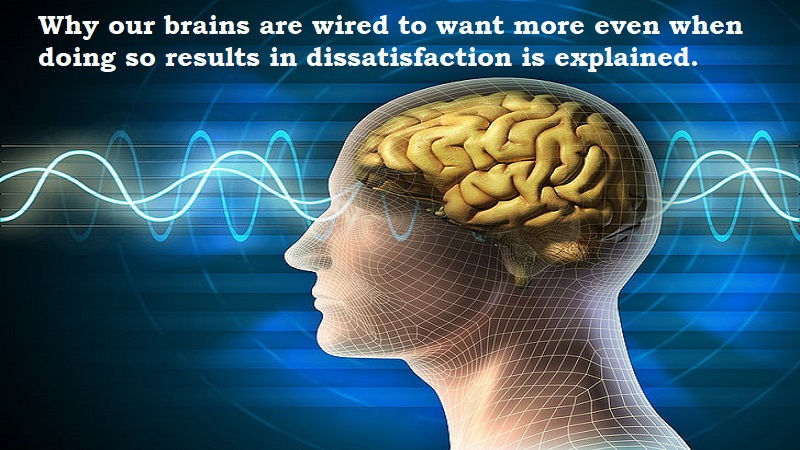
It seems that we humans are never content when it comes to shopping, whether it be for brand-new, fashionable clothing, shoes, the newest phones, etc. As if there were an innate propensity to constantly want more and to always crave the newest goods.
But have you ever questioned why we desire things even when they don’t make us happy? The most recent study, which was released in the publication PLoS Computational Biology, may have some solutions.
Computer models were employed by researchers to better understand the psychology behind people’s insatiable desire for material goods, despite the chance that such items can briefly amuse us. We will eventually require something else.
The new study is led by researchers at Princeton University’s Department of Psychology in New Jersey. The findings state that we all run after rewards and we tend to compare ourselves with various standards when we become ‘habituated’.
What findings have they found?
‘From ancient religious texts to present literature, human history abounds with narratives illustrating the battle to acquire ever-lasting bliss,’ the researchers wrote in their report.
Happiness is paradoxically one of the most sought-after human feelings, but for many people, long-term happiness is still out of reach.
Our findings may shed light on psychopathologies like melancholy, materialism, and overconsumption, they added, and they may explain why humans are prone to becoming caught in a loop of never-ending wants and needs.
What factors influence happiness?
According to MailOnline, two psychological occurrences have been singled out by specialists as the main causes of our brain’s insatiable craving for material stuff.
The first one is the ‘relative comparison’, which influences human happiness. It basically relates to the source of our concern with what our desires that we want to achieve as compared to what we have.
The second occurrence is that earlier expectations have been suggested to have an impact on our enjoyment. However, it is also said that these anticipations are subject to change.

Post Your Comments